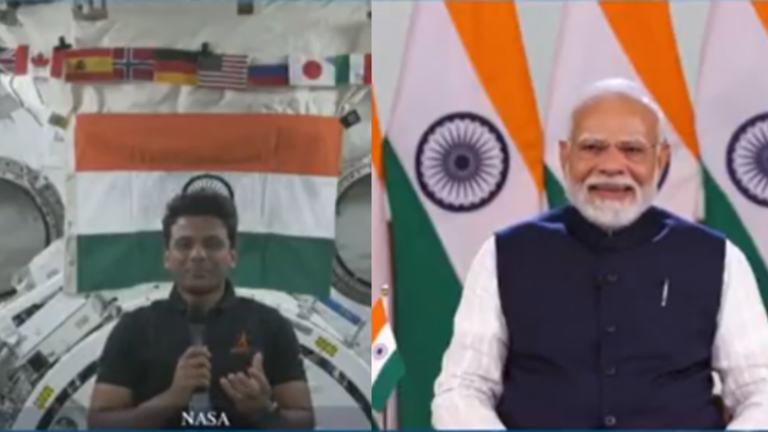National outrage grows as Karachi’s water crisis hits Pakistan’s busiest airport on a symbolic day
On May 28, Youm-e-Takbir—a day marking Pakistan’s nuclear achievement—renowned Pakistani actress and social activist Hina Khawaja Bayat took to social media with a stark and emotional video from Jinnah International Airport in Karachi. What should have been a proud national celebration turned into a moment of embarrassment and anger, as Bayat exposed the severe water shortage at the country’s busiest airport. Her video, where she questions the irony of national pride amidst failing infrastructure, went viral, triggering debates not just in Pakistan, but across South Asia.
Standing beneath a promotional banner for “AirDial – Pride of Pakistan,” Bayat called out the Karachi Water & Sewerage Corporation, airport authorities, and the Sindh government for failing to provide water even for essential needs like wuzu (ablution) and namaz (prayers). Her powerful voice became a mirror to the public’s frustration and highlighted the growing urban water crisis in Pakistan, particularly in Karachi, a city of over 20 million struggling with chronic water mismanagement.
Karachi Airport Water Crisis: A Symbol of National Neglect
Bayat’s confrontation with the camera was more than a complaint—it was a pointed indictment of Pakistan’s infrastructure failures, especially in critical public spaces. With no water available in the washrooms at Jinnah International Airport, even children and elderly passengers were affected. Bayat questioned how Pakistan could boast about national progress and launch high-tech projects when the most basic amenities like running water at a major airport remained elusive.
WATCH - pic.twitter.com/J26CRuv1iF
— Times Algebra (@TimesAlgebraIND) May 29, 2025
The timing of her video added symbolic weight. Youm-e-Takbir is often celebrated as a testament to Pakistan’s strength and self-reliance, yet the footage from Karachi painted a different picture—one of government negligence, poor civic management, and misplaced priorities. Her comments weren’t just aimed at the airport but reflected the broader sentiment among citizens who face daily water shortages, broken infrastructure, and unresponsive governance.
The video quickly gained traction online. On Twitter/X, Instagram, and YouTube, users across South Asia picked it up, with many Indian netizens sarcastically responding, turning the issue into a regional talking point. But for Pakistanis, the conversation was more serious. It raised questions about basic human dignity, failed public service delivery, and the alarming state of urban water governance in Karachi.
Karachi’s Deepening Water Crisis: Beyond Just the Airport
Hina Khawaja Bayat’s viral video spotlighted a much larger issue—the city-wide water crisis that continues to escalate in Karachi, Pakistan’s financial and cultural hub. Despite recent repairs on key water pipelines, thousands of neighborhoods still go without regular supply. The Karachi Water and Sewerage Corporation (KWSC) has been repeatedly criticized for its inefficiency, corruption, and failure to tackle illegal water hydrants and leakages, which waste millions of gallons daily.
Most of Karachi’s residents now rely on expensive private water tankers, some of which operate in collusion with corrupt officials. The city’s infrastructure, plagued by decades of underinvestment, is unable to meet the needs of its booming population. Even elite and critical zones like the airport face acute water shortages, showing how deep and systemic the problem is. Bayat’s criticism also sparked calls for transparency, urban reform, and accountability. Civic groups and opposition parties have echoed her concerns, demanding immediate audits of water usage, leakage, and tanker mafias. The failure at the airport is just one node in a city-wide breakdown that affects homes, schools, hospitals, and businesses alike.
What makes Hina Khawaja Bayat’s video so powerful is not just her fame, but the genuine anguish in her voice—a sentiment shared by millions of Karachiites. As her video circles digital platforms and news outlets, it has reignited the demand for urban infrastructure reforms, clean water access, and functional governance in Pakistan. On a day meant to mark strength, her message laid bare the weaknesses—reminding the nation that true national pride starts with dignity, not slogans.





















